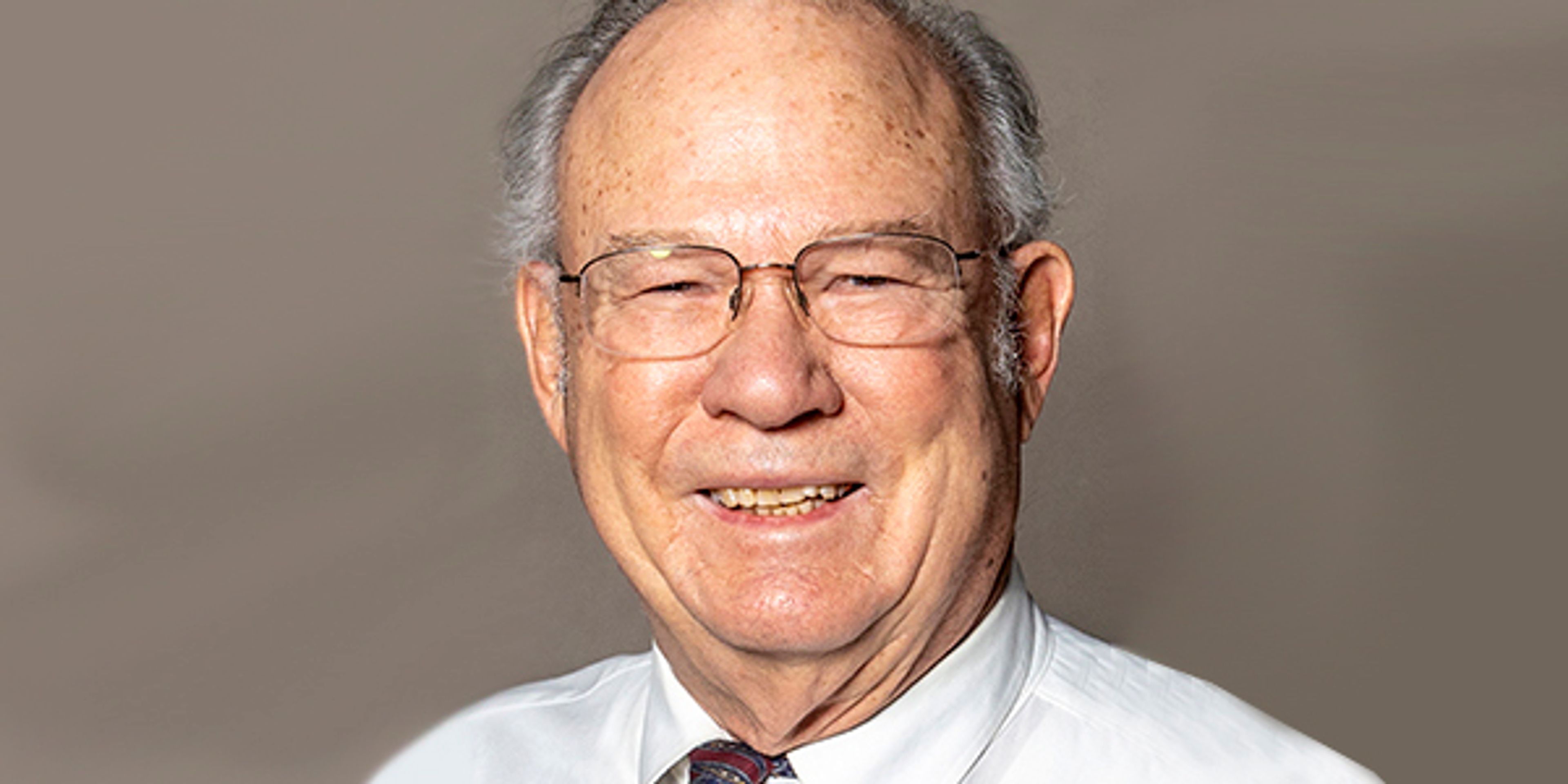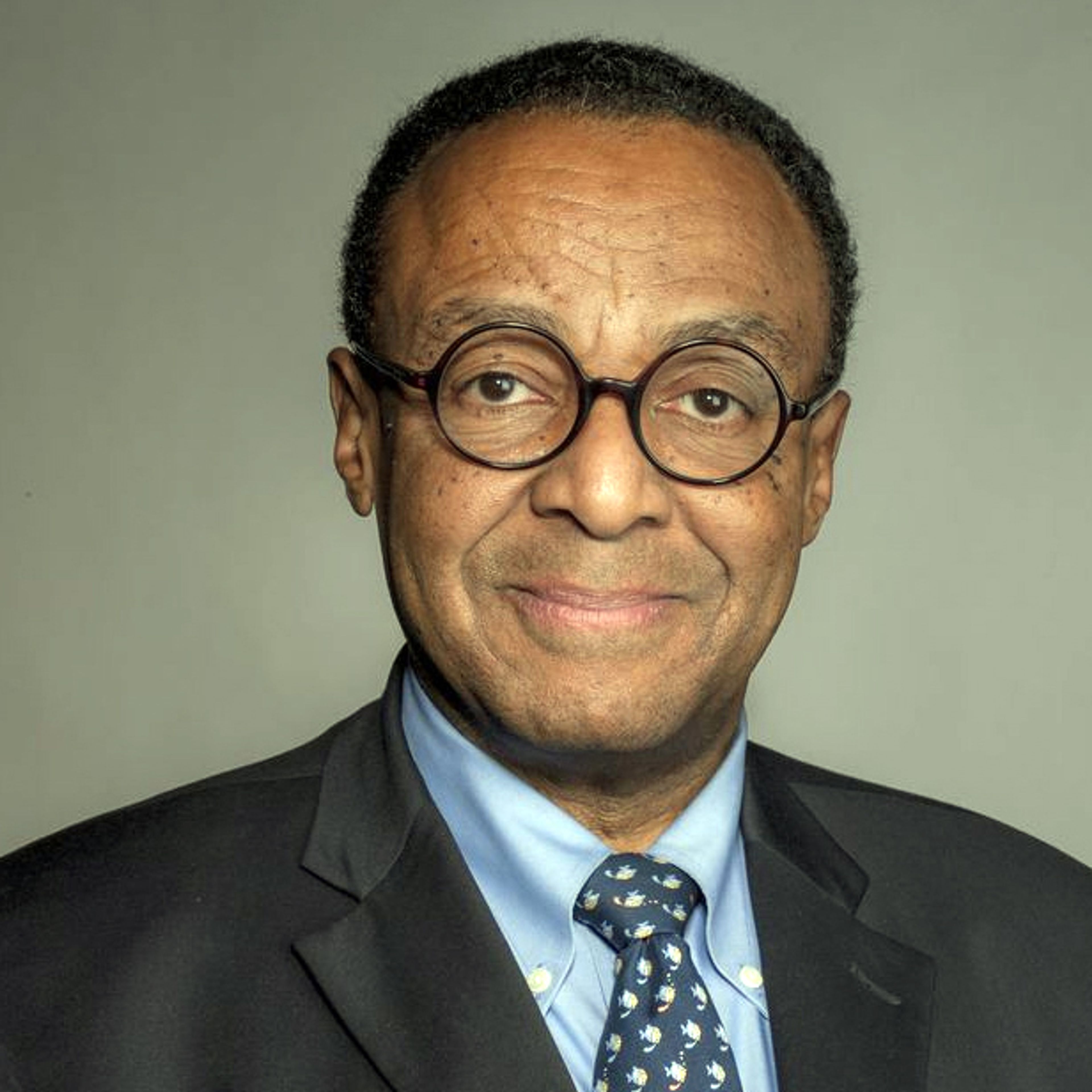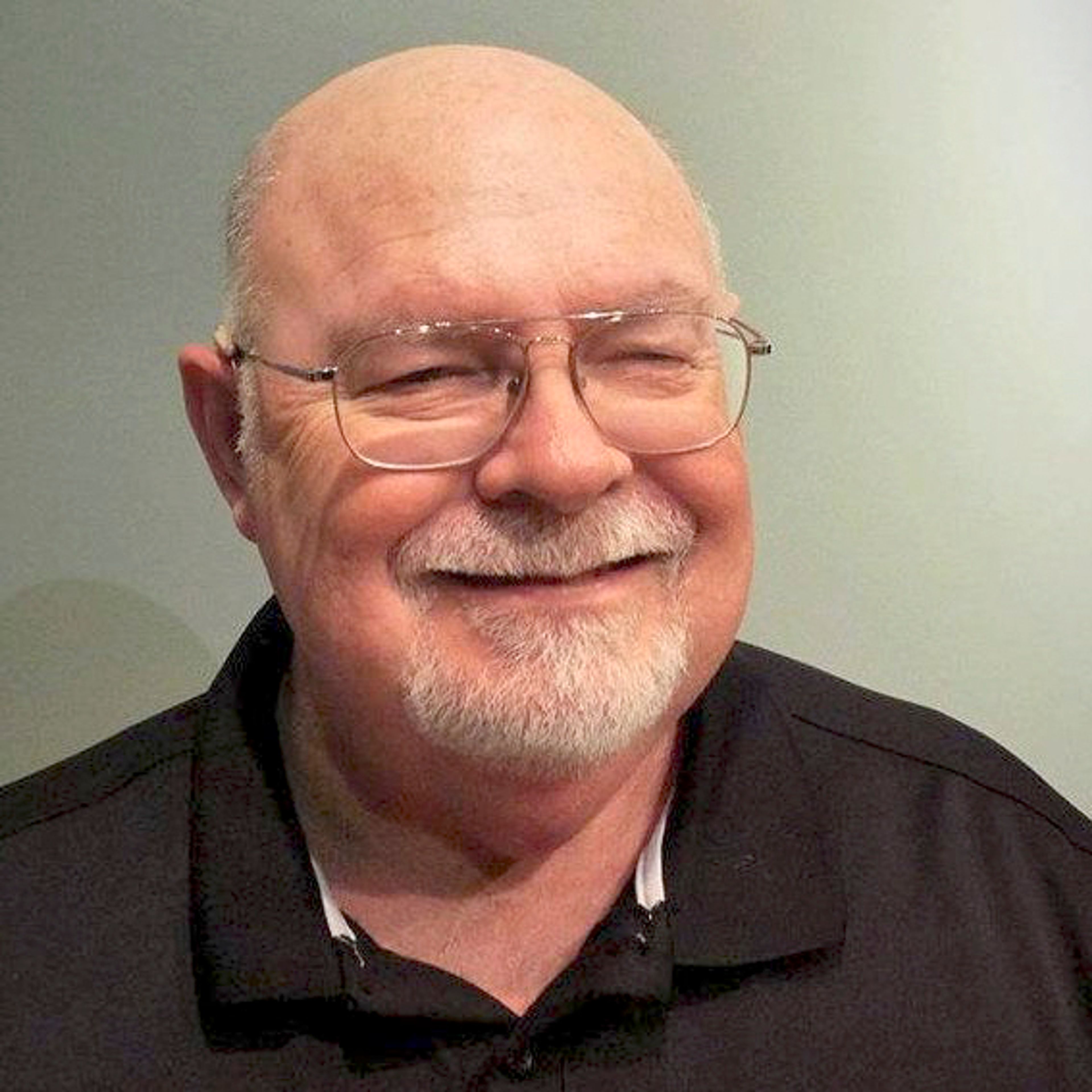The best case for overturning the Idaho Legislature’s assault on the right of ordinary Idahoans to make their own laws came from the unlikeliest of sources — the Legislature’s own attorney, William Myers of Boise.
Myers was brought into the case because House Speaker Scott Bedke, R-Oakley, and Senate President Pro Tem Chuck Winder, R-Boise, refused to rely on Attorney General Lawrence Wasden’s office.
Myers offered this argument to the Idaho Supreme Court last week: If the voters don’t like what the Legislature does, get another Legislature.
“The remedy is in the form of the election of legislators every two years,” Myers said. “If the Legislature makes it so difficult that (no initiative or referendum) gets on the ballot, the people could rise up and elect new legislators who will change the law.”
Call that the legal equivalent of a political gaffe. As defined by pundit Michael Kinsley, it’s usually when someone speaks the truth — inadvertently. The truth here — as far as Myers is concerned — is that the Legislature believes it should be in total control.
Of course, if it’s so easy to replace the Legislature, you wouldn’t need a political safety valve against legislative intransigence.
But replacing a majority of 105 legislators is nearly impossible — especially in a one-party state where the GOP runs a closed primary.
That’s why more than a century ago, Idahoans amended into their state constitution the Progressive Party’s platform giving the voters the right to pass new laws (initiative) or repeal existing measures (referendum) at the ballot box.
Then, the people’s law was a way to bypass lawmakers enthralled by corporate special interests — the railroads, the banks and trusts — that drowned out the voices of Idaho’s laborers and small farmers.
Now it’s the ideological special interests — such as the Idaho Freedom Foundation — that have the upper hand over the masses in the state Capitol.
Over the years, voters have used that process to remedy legislative paralysis to pass:
l Environmental reforms, such as the establishment of an independent Idaho Fish and Game Commission.
l Tax reforms, such as the homeowner’s property tax exemption and the 1 Percent Initiative.
l Political reforms, such as the Sunshine law requiring political campaign contribution disclosures and term limits.
l Education policy, such as the 2012 repeal of the anti-teacher policies advocated by then-state schools Superintendant Tom Luna.
l Health care reforms, such as the 2018 expansion of Medicaid benefits to Idaho’s working poor.
Legislative antipathy toward the people’s law is no recent development. During the course of a century, three governors — Moses Alexander in 1915, John Evans in 1984 and Brad Little in 2019 — vetoed legislative attempts to undermine the people’s power to decide their own destiny.
Eventually, however, lawmakers gained ground by imposing new impediments upon the ability of organizers to qualify their measures for the ballot.
This year, Little acquiesced in a legislative bid to make it all but impossible — by requiring initiative campaigns to collect 6 percent of the registered voters in all 35 legislative districts. That gives one district — either rural or urban, north or south — a veto over the rest of the state. And unless a special interest with deep pockets comes along, Idaho’s initiative law has been effectively repealed.
All of which flies in face of the 1912 constitutional amendment, which asserts that all “political power is inherent in and starts with the people. Government is instituted for their equal protection and benefit, and they have the right to alter, reform or abolish the same whenever they may deem it necessary.”
Even in Idaho, constitutional law trumps acts of the Legislature.
That’s why the attorney general stuck to the script by denying the obvious. The new requirement does not create an impossible threshold, Deputy Attorney General Megan Larrondo asserted. Therefore, the Supreme Court can uphold it as constitutional.
“It’s a complete assumption whether the Legislature is preventing people from getting measures on the ballot,” she said.
If on the other hand, as Myers asserts, the only remedy is voting out the Legislature, then all political power is “inherent” in the Legislature, not the people. How can the Supreme Court conclude the initiative process has not been repealed by unconstitutional means?
It can’t.
Here’s betting initiative supporters such as Reclaim Idaho and the Committee to Protect and Preserve the Constitution could hardly believe their ears or their good fortune when Myers acknowledged the nefarious legislative intent behind this effort.
And for this kind of legal endeavor, Bedke and Winder are paying Myers $470 an hour with your tax money. — M.T.








